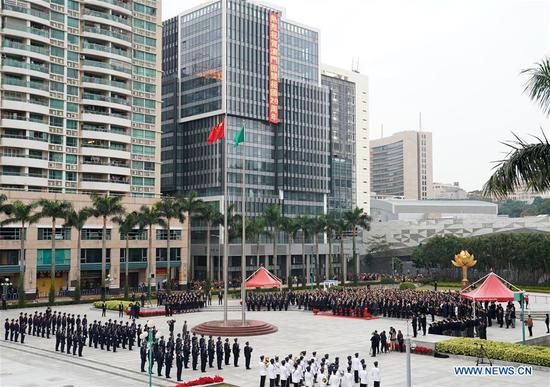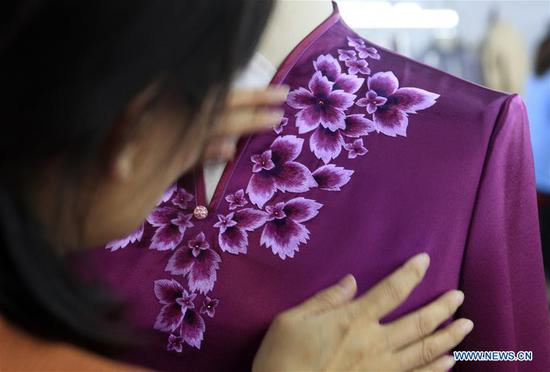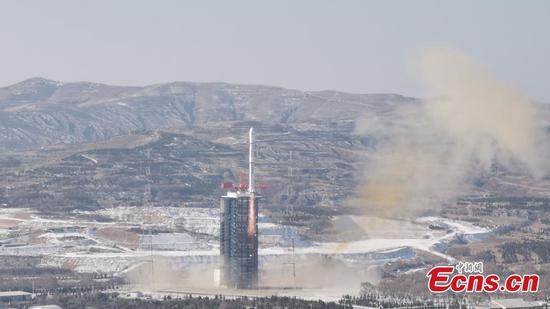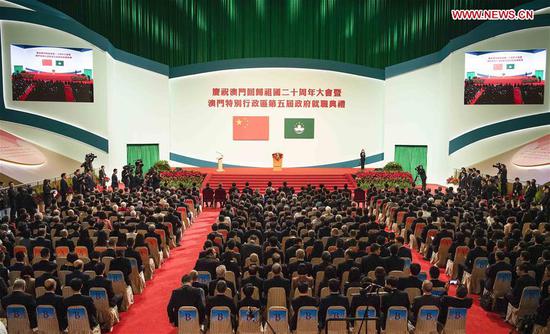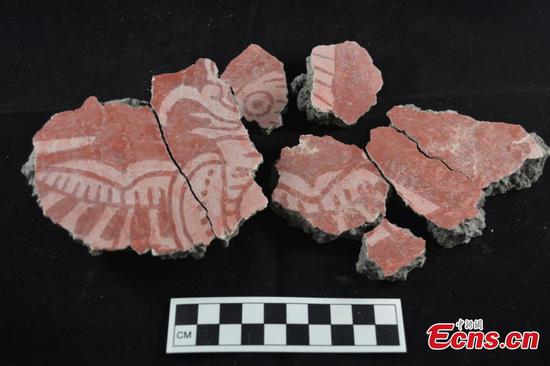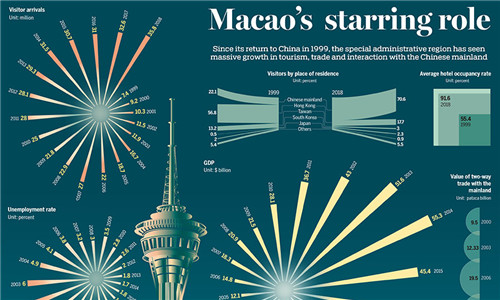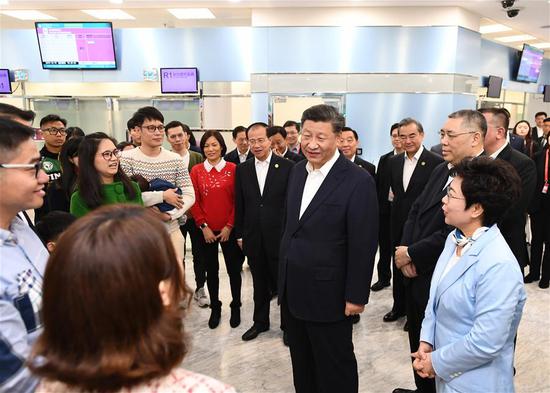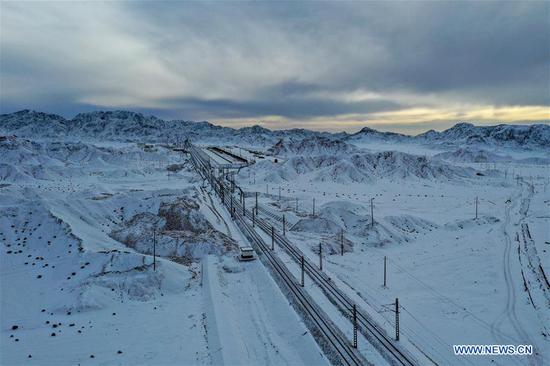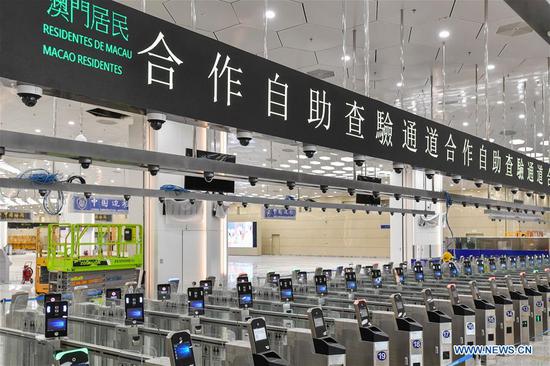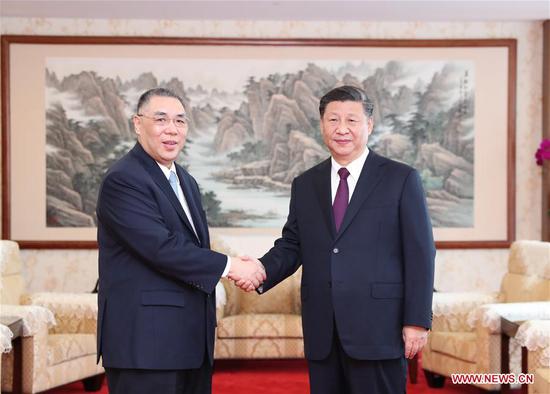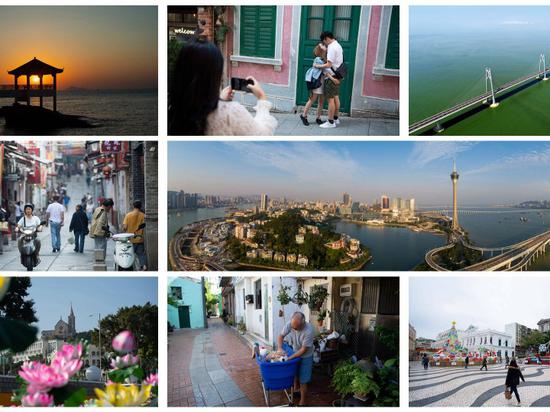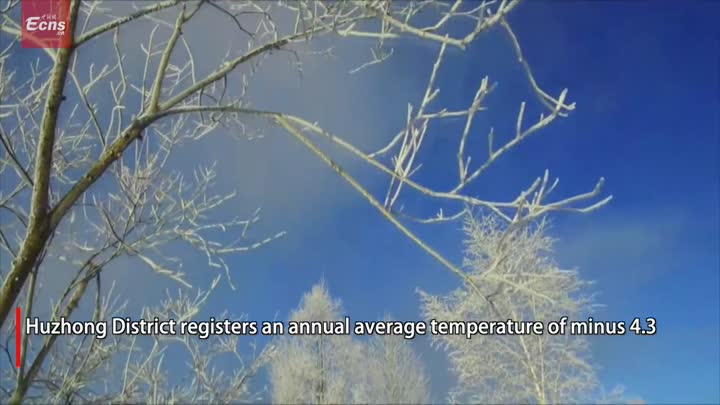China's cross-border capital flight pressure has been much alleviated this year, with the country expected to continue liberalizing its capital account while cracking down on illegal trading activities in 2020.
Chinese lenders bought $148.6 billion worth of foreign currencies and sold $154.3 billion worth in November, showed the latest data from the State Administration of Foreign Exchange (SAFE), the country's forex regulator.
The reading resulted in net sales of $5.6 billion, a remarkable drop from a deficit of $17.9 billion seen in the same month last year, according to the SAFE.
Wang Chunying, a spokesperson for the SAFE, said on Friday that demand and supply in the foreign exchange market stayed generally balanced in November, and cross-border capital flows remained stable.
This comment was in stark contrast to CNN's recent report saying that "money has been leaving China at a record rate" and leading to the SAFE's crackdown on capital flights. CNN cited as an example JD.com's Chinabank Payments.
Indeed, capital outflow risks exist, but thanks to the SAFE's efforts to prevent and regulate cross-border capital flow risks over the past two years, the pressure has been much alleviated, Liu Xuezhi, a senior economist at the Bank of Communications, told the Global Times on Sunday.
On November 26, the SAFE announced it would fine Chinabank Payments 29.43 million yuan ($4.2 million) for illegally transferring foreign currencies overseas.
But unlike CNN's report saying that "Chinese officials are trying harder than ever" to combat illegal cross-border capital outflows amid increased capital flight pressure, this move is part of the SAFE's continuous efforts to regulate cross-border capital flows, which began in 2017.
Chinabank Payments said that the illegal behavior happened two years ago, not recently, domestic tech news site zghy.org.cn reported. It said the platform was negligent in the behavior of some store owners, resulting in some illegal store owners carrying out tractions that violated regulations.
Currently, the yuan's exchange rate is relatively stable and capital flight controls are strict, so although there are illegal capital outflows, the scale is not large, said Dong Dengxin, director of the Finance and Securities Institute at the Wuhan University of Science and Technology, indicating CNN exaggerated the risks.
The SAFE released its international balance sheet for the first half of 2019, showing that the net errors and omissions column registered an outflow of $131.2 billion, triggering discussion as to whether there are capital outflows in China.
Wang refuted claims of capital outflows in a recent press briefing in Beijing. She told reporters that the above result is a statistical issue, and therefore can't be equated to a capital outflow.
"China maintaining economic growth in a reasonable range and further comprehensive opening-up will offer a solid foundation for a stable foreign exchange market, while the progress in the phase one trade deal provides a more stable external environment for China's forex market," Wang said.
As China has vowed to continue its opening-up, the country will further open up its capital accounts, step by step, Liu said.









